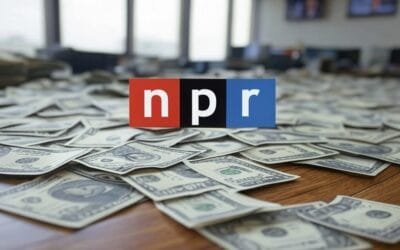Telephone companies around the nation are beginning to offer “Caller ID” to their subscribers. Caller ID is an optional service that allows you, when your phone rings, to display the number of the phone from which the incoming call is being placed. The number appears on the electronic display of a small box that the subscriber buys for less than $100. The service itself costs less than $10 per month.
The phone company can also supply subscribers with a dial-in code that will block the display of their own number when they are placing outgoing calls. If such codes were made universally available, however, they would obviously defeat the effectiveness of Caller ID.
The first people to apply for the blocking codes would be the crank callers and obscene callers against whom Caller ID is so effective.
Debates are raging in legislatures and living rooms throughout the nation as to whether Caller ID is a good idea. Opponents point out that to know a phone number is to know an address, thanks to widely available “criss cross” directories that list phone numbers in numerical order, with associated names and addresses. They note that many persons—victims of rape and others calling “hot lines” for help, police informants, battered spouses in hiding, “whistleblowers” reporting criminal activities—legitimately seek anonymity when making phone calls. In addition, they point to the adverse consequences of a system that would enable commercial enterprises to know exactly who is calling to ask whether certain items are in stock, or what their price is.
The advantages of Caller ID are obvious. Not only is it a convenient way to screen incoming phone calls, but it also permits the victims of obscene and harassing calls to turn the tables on their cowardly tormenters.
Of course, there is no “right” answer to whether Caller ID is good or bad. Different subscribers may prefer different options, each for perfectly legitimate reasons. It is this kind of problem that the institution of private property is so well designed to solve. If telephone companies were entirely private competing enterprises, they would be free to offer or not offer Caller ID according to what their market research revealed about their customer preferences. Some companies might offer it, and some might not. Eventually, the economic choices of the consumers, who are paying for the services, would decide the issue.
It is time for citizens to take back from government the authority that has been ceded to government over the years as to private economic matters. State legislatures have no more business holding hearings on Caller ID than on whether Crest toothpaste should come in a tube or a pump.
Copyright © The Association for Objective Law. All rights reserved. Republished in Capitalism Magazine by permission of TAFOL.










